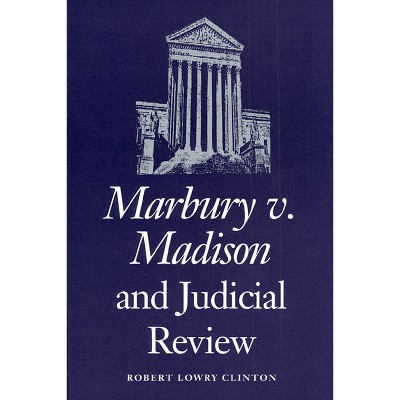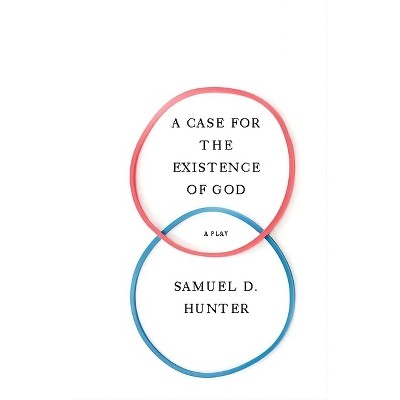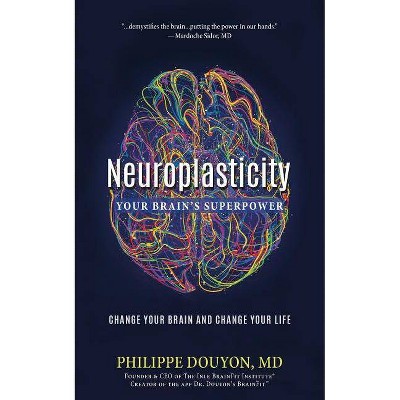Sponsored

Five Lectures on Formal Axiology - by Robert S Hartman (Paperback)
In Stock
Sponsored
About this item
Highlights
- During the final decade or so of his life, Hartman frequently delivered a series of lectures in which he outlined the need for a scientific theory of human values, the theoretical requirements demanded of an effective value theory, and his rationale behind the development of the particular value theory he developed, which he named formal axiology.
- Author(s): Robert S Hartman
- 142 Pages
- Philosophy, Ethics & Moral Philosophy
Description
About the Book
A concise and easily readable introduction to a little-known theory regarding the nature of human values. This theory, known as formal axiology, was developed by the author, Robert S. Hartman, in the 1960s. These lectures were the clearest articulation of his theory that he ever presented.Book Synopsis
During the final decade or so of his life, Hartman frequently delivered a series of lectures in which he outlined the need for a scientific theory of human values, the theoretical requirements demanded of an effective value theory, and his rationale behind the development of the particular value theory he developed, which he named formal axiology. He named these lectures, collectively, Five Lectures in Formal Axiology.
By bringing these lectures together in one volume, we are able to offer to readers the clearest, most cogent, and most concise description of his theory that Hartman ever wrote.
If you have ever been put off by the sheer mass and intellectual density of either The Structure of Value or The Knowledge of Good, then you will find these Five Lectures to be a breath of fresh air. Written as they were for oral delivery, they have a cadence and clarity to them that make them a pleasure to read.
Hartman concludes these lectures with a description of how his theory might be applied in various real-world situations. Specifically, he discusses how formal axiology can be applied to studies of economics and political economies, including profit sharing; to international affairs, including matters of war and peace; and to personal ethics. To Hartman, nothing less than the survival of human existence depends on this.
Review Quotes
"Hartman's writings are difficult to read. His Five Lectures on Formal Axiology are perhaps his easiest to understand explanation of the basics of his value theory."
--Rem B. Edwards, PhD. Lindsay Young Professor of Philosophy, Emeritus, University of Tennessee
"Almost fifty years beyond his death, the legacy of Robert Hartman and his axiology is uncertain. In an age of rampant social media and international policy being conducted by unreflective tweets, almost any "philosopher" seems archaic. The excellent work of scholarship and insight exhibited by Hartman's lectures on axiology is vital. It allows an important piece of Hartman's work to find new light and--with any good fortune--claim yet a further breath of sustainability and relevance."
--C. Stephen Byrum, PhD, Professor of Philosophy and Religion, Dean of Humanities, retired: Chattanooga State College
"This is Hartman's clearest and most definitive work in one volume. It should be mandatory reading for anyone who cares about the value crises plaguing our leaders, organizations, and governments. Hartman's value theory is as pivotal and relevant for a world fractured by competing value orientations as his own Zeitgeist."
--Malcolm North, PhD, Assistant Professor, University of Central Arkansas
"Hartman has managed to succinctly detail his life's mission and vision in this work with brilliant clarity. Understanding the five fallacies in his third lecture would be invaluable for any practitioner or student of the sciences, humanities, or arts."
--Vera Mefford, President, AXCES-Solution, LLC
"These lectures resonate with those who appreciate goodness, and also with those who appreciate the value of philosophy and wish it could become more "down to earth." Hartman clearly and understandably shows how early thinkers struggled to capture the meaning of good, and how he saw science's power actually making it real and earth changing. The world of today needs this as a source of deep deliberation."
--K.T. Connor, PhD, Managing Director, Center for Applied Axiometrics, Senior Adjunct Professor, Ethics in Public Policy and Administration, Graduate School of Business, Cal Lutheran University
Shipping details
Return details
Frequently bought together

















